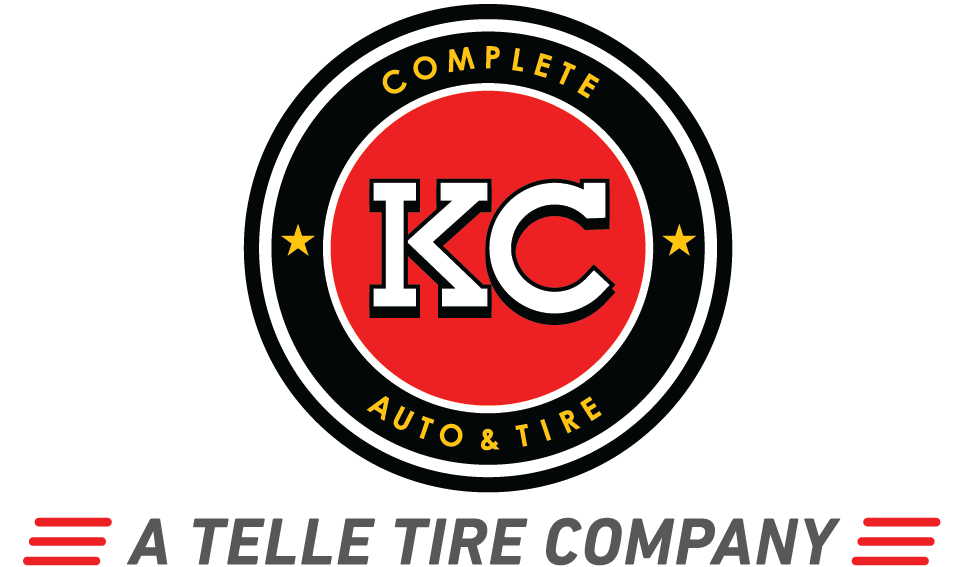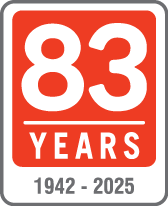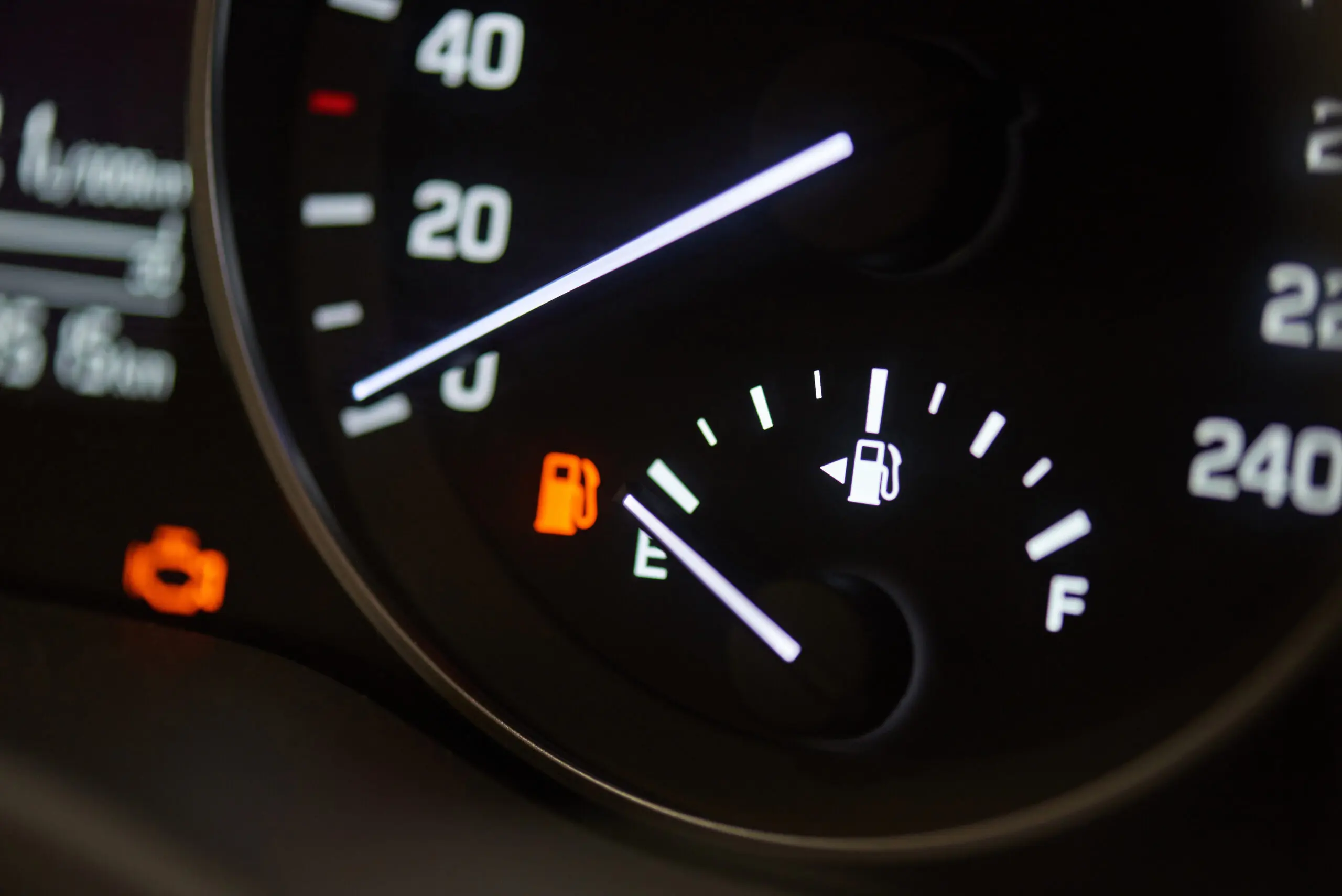How Can I Improve My Gas Mileage?
The average American faces hefty expenditures, with gas prices on the rise. Wouldn’t it be great if there were simple ways to stretch each gas tank further, saving you money in the long run? Well, good news: there is. Keep reading to discover a few simple tips to improve your gas mileage!
5 Things You Can Do Today to Improve Your Gas Mileage
1. Check Your Tires
Believe it or not, your tires play a significant role in your vehicle’s fuel consumption. According to studies, tire-related issues account for 20 to 30 percent of fuel consumption and a staggering 24% of CO2 emissions from cars!
“How’s that,” you ask?
Two words: Roll resistance. Every time a tire moves, it encounters rolling resistance—a factor influenced by road surface and air drag. In short, it simply gauges the energy required for your vehicle to propel the tires.
Newer cars come with tires engineered with low rolling resistance in mind, featuring advanced tread designs, which go a long way toward reducing energy consumption. If you drive an older model, or it’s been a while since you’ve got new tires, invest in a new set to improve your gas mileage.
2. Re-Align Your Tires
In addition to poor traction, tire alignment should also be considered. When tires are unbalanced, they wear irregularly, which also decreases fuel efficiency.
In fact, uneven tire alignment is comparable to dragging a tire sideways for 102 miles over every 20,000 miles driven—that’s a lot of unnecessary roll resistance!
To save money on gas (and extend the lifespan of your vehicle) it’s recommended to have your tires realigned and rotated every 6,000 miles.
3. Don’t Speed
We’ve all been guilty of pushing the pedal to the metal from time to time, but this habit can seriously affect your gas mileage. Every time you aggressively accelerate, your engine guzzles more fuel to keep up with the demand.
To maximize fuel efficiency, keep your engine revs below 2,000 RPM during normal driving and consider using cruise control to maintain a steady speed on long stretches of road. Remember, a little restraint behind the wheel goes a long way toward saving you money at the pump.
4. Clean Out Your Car
Believe it or not, the clutter in your car can impact its fuel efficiency. Heavier vehicles use more fuel, and if you want to improve your gas mileage, consider decluttering your car of unnecessary items—no matter how small. Every little bit adds up.
As a helpful tip, consider removing roof cargo boxes (if you don’t use them.) These disrupt your vehicle’s aerodynamics and, consequently, fuel efficiency. Storing them away when not in use could translate to savings ranging from $0.09 to $0.76 per gallon.
5. Get a Tune-Up
Neglecting automotive maintenance tasks like changing dirty oil, replacing clogged air filters, and cleaning fuel filters can take a severe toll on your vehicle’s fuel efficiency. Luckily, there’s an easy fix: find a reliable mechanic and schedule a tune-up.
While your car is in the shop, remember to use the proper engine oil. Different grades of oil have various degrees of friction and viscosity, which can either help or hurt your engine performance. Generally speaking, it’s best to use synthetic (if you don’t already), but always follow your vehicle manufacturer’s recommendations.
Drive Smarter, Drive Farther
As we wrap up, just remember: maintaining your vehicle isn’t just about saving on gas – it’s about ensuring your safety and the longevity of your car. Why not entrust your vehicle to the experts at Telle Tire & Auto Centers? From routine tune-ups to complex engine repairs, you can get back on the road confidently, knowing your vehicle is in good hands.


